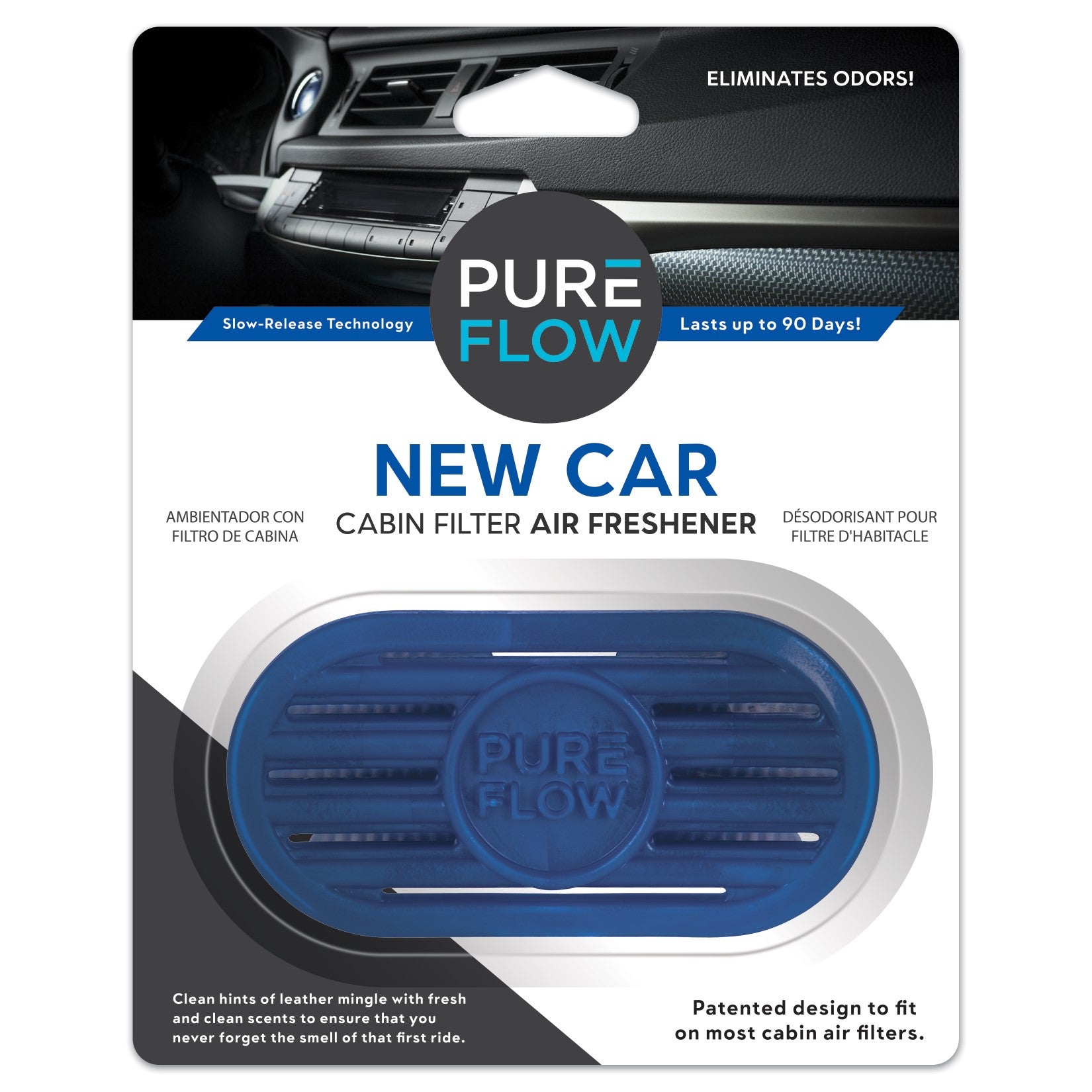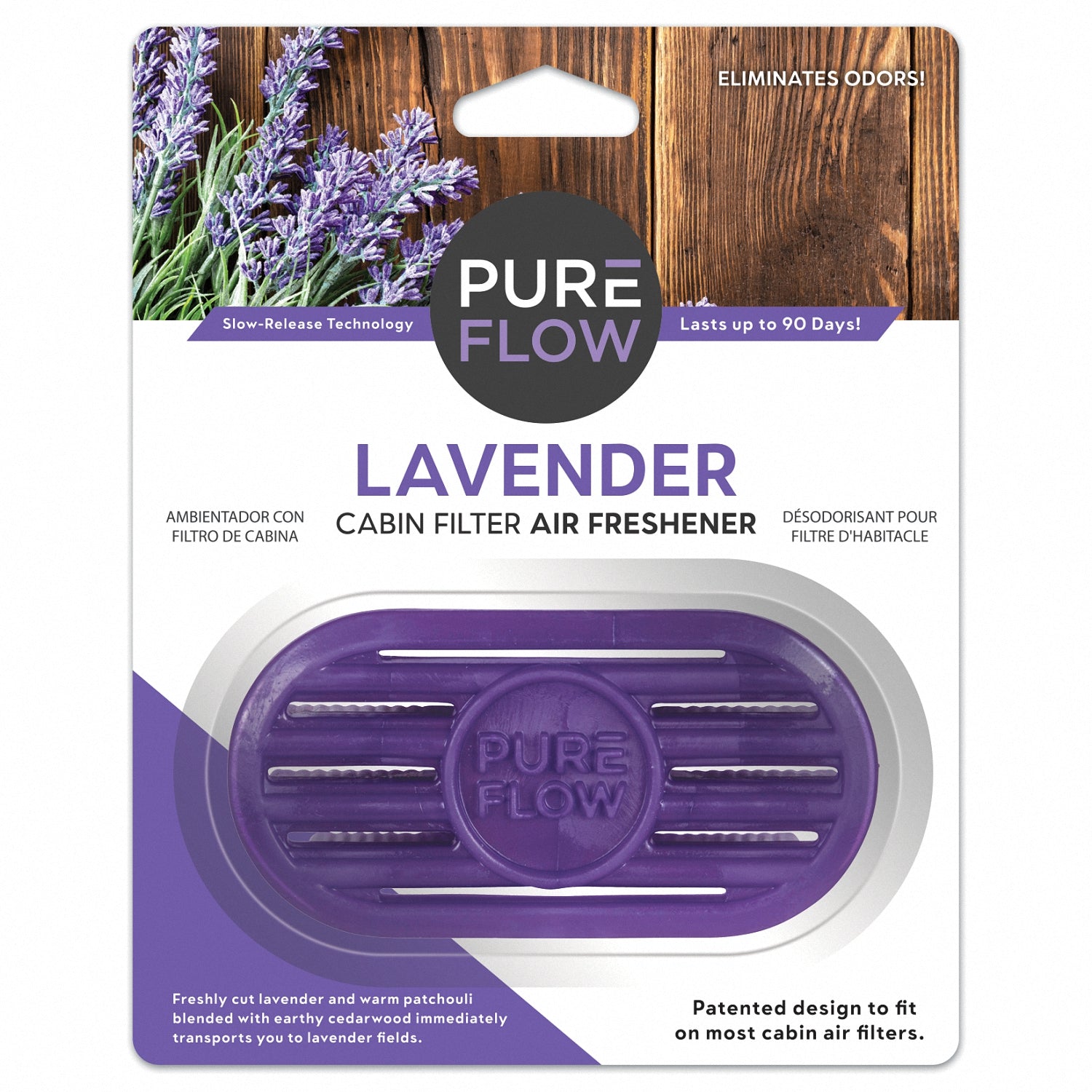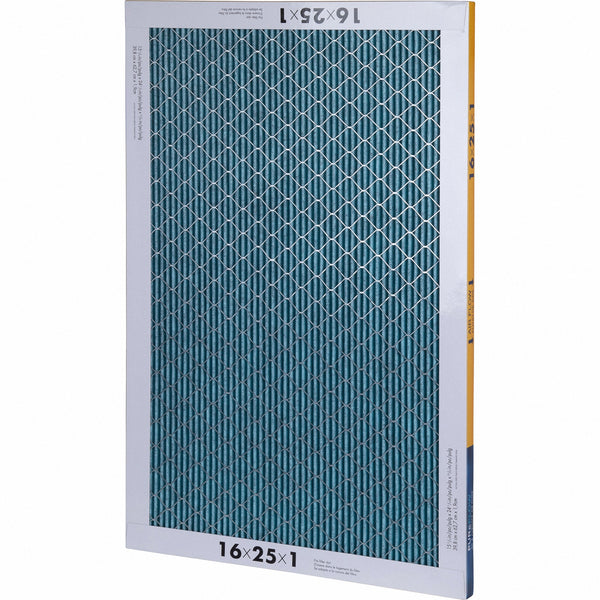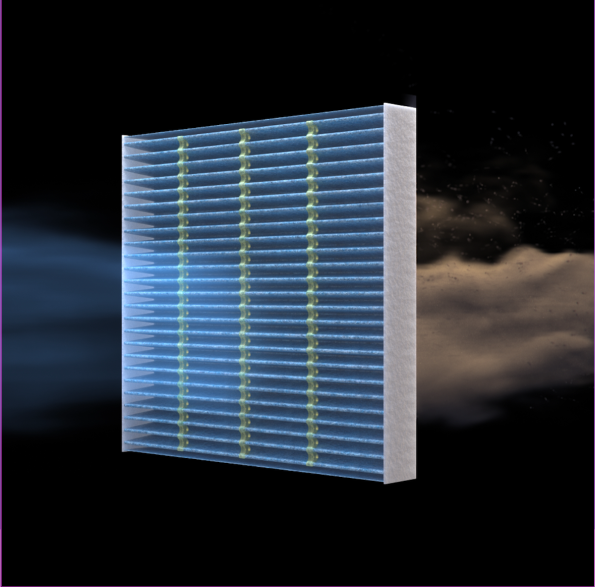Changing your HVAC (Heating, Ventilation, and Air Conditioning) system’s air filter on a regular basis is essential to keeping the system running efficiently and extending its lifespan.
Here are some reasons why:
Improves Airflow:
When your HVAC air filter becomes clogged with dust, dirt, and other debris, it restricts the airflow through the system. This can cause the HVAC system to work harder than it needs to, leading to increased wear and tear on the system's components. Regularly changing your home air filter can ensure that your system has adequate airflow, which reduces strain on the system and extends its lifespan.
Increases Energy Efficiency:
A clogged home air filter can also reduce the energy efficiency of your HVAC system. When the system must work harder to maintain the desired temperature, it uses more energy, leading to higher energy bills. By changing your home air filter regularly, you can help keep your HVAC system running efficiently, reducing energy costs, and extending the system's lifespan.
Improves Indoor Air Quality:
Your HVAC system air filter is responsible for trapping dust, dirt, pollen, and other allergens that can circulate in your home's air. A clogged HVAC air filter can allow these particles to build up in your home's air, leading to poor indoor air quality. Replacing your home air filter regularly can improve indoor air quality, which can have a positive impact on your family's health and wellbeing.
Overall, changing the furnace air filter in your home’s HVAC system is a simple and inexpensive way to extend the lifespan of the system, reduce energy costs, and improve indoor air quality. It's recommended to change your home air filter every 1-3 months, depending on the type of filter and how frequently the system is used.











































